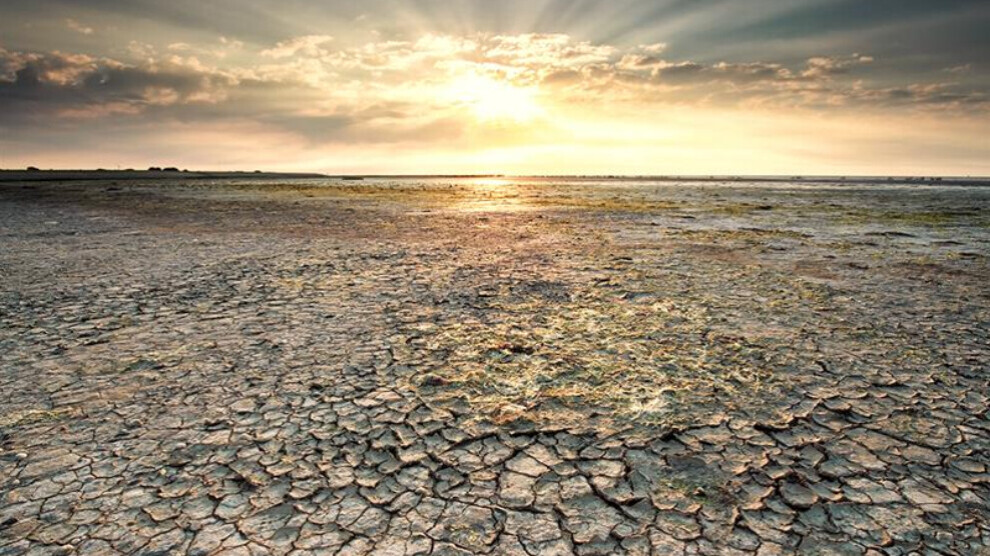UN experts welcome advisory opinion of ICJ on protection of climate system
UN experts welcome the advisory opinion of the International Court of Justice (ICJ) on the obligations of States in respect of climate change.

News Center- The International Court of Justice (ICJ) in The Hague, Netherlands, issued its advisory opinion on the obligations of States in respect of climate change on July 23, 2025.
The ICJ’s opinion found that states have legal obligations under the climate treaties, customary international law, and other applicable international law, to carry out climate adaptation planning and implement adaptation actions, in line with the best available science.
UN experts welcome the advisory opinion of the ICJ on the obligations of States in respect of climate change.
The historic Advisory Opinion from the International Court of Justice (ICJ) has unequivocally concluded that international human rights law is part of the stringent obligations of States to protect the climate system and the environment, and their violation entails State responsibility to provide reparations for harm, a group of independent human rights experts said on Monday.
“We applaud the Court and all those who contributed to this historic legal process recognizing that climate change is an ‘existential problem of planetary proportions that imperils all forms of life and the very health of our planet’,” the experts said.
The experts hailed the Court’s crystal-clear clarification that 1.5°C should be considered the consensus temperature limit for the international community to prevent catastrophic impacts, based on the best available science.
‘States have multiple obligations under climate change treaties, environmental treaties’
“The ICJ provided a powerful elucidation that in addition to international human rights law, States have multiple obligations under climate change treaties, environmental treaties including the Convention on Biological Diversity and the Convention against Desertification, the law of the sea, and customary international law,” the experts said, emphasizing the Court’s corroboration of the disproportionate climate impacts on children, Indigenous Peoples, rural communities, women, migrants, persons with disabilities, and people in vulnerable situations, as extensively documented by the UN human rights system.
The ICJ also shone light on the legal consequences for States failing to prevent significant harm to the climate system, including revoking all administrative, legislative and other measures that constitute an internationally wrongful act, responding to loss and damage, restoring ecosystems and compensating for climate harm when restoration is not possible.
“We particularly applaud the Court for stating explicitly that fossil fuel production, consumption, exploration licences and subsidies may constitute an internationally wrongful act,” they said, calling on every state, particularly historically high-emitters and current high-emitters, to implement the advice of the ICJ as the basis upon which to course-correct domestic and international climate efforts, including at the upcoming UN plastic pollution negotiations and Climate COP30 in Brazil.
